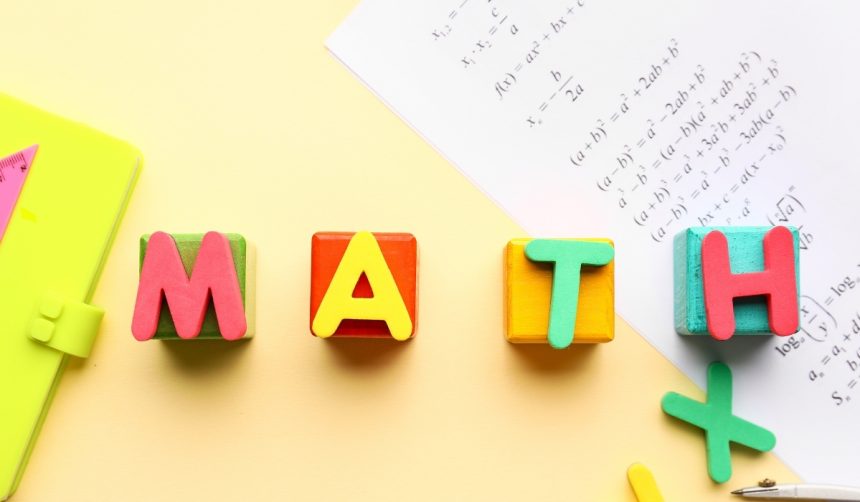Word enthusiasts worldwide often find solace in unraveling Wordle’s five-letter mysteries. Today’s challenge proves uniquely intriguing with a blend of strategy and a touch of guesswork. The word “SUITE” is both a musical and furniture-related term, adding layers of complexity to the daily puzzle. Engaging with Wordle not only sparks joy but also stimulates critical thinking.
Wordle, a beloved puzzler by Josh Wardle, has steadily gained traction since its inception. While once a personal project, it quickly became a public favorite, leading to its acquisition by The New York Times. The game’s consistent ability to challenge players with everyday language keeps its audience engaged, as evidenced by its widespread popularity.
What Makes Today’s Wordle Tricky?
Today’s puzzle demands lateral thinking with multiple context clues. Users must navigate through a web of associations—from furniture to music—to identify “SUITE” as the solution. Themes of connection and grouping become central, prompting players to think beyond individual meanings.
Why No Double Letters Today?
Contrary to common assumptions, today’s puzzle does not feature any repeated letters. This insight assists players in eliminating potential missteps, refining guesses straight to individual letter options. Such puzzles challenge solvers to rely on a variety of letter combinations.
How to Improve Your Wordle Strategy?
Embarking on each Wordle challenge is easier with strategic planning. Effective tactics involve selecting starting words with diverse letters and avoiding both repeated letters and overused guesses. Tactical yet patient approaches ensure that players refine their word hypotheses methodically.
Wordle’s growing repertoire offers both new players and seasoned solvers opportunities to hone their puzzle-solving skills. Engagement with past answers sharpens strategies, while current puzzles inspire fresh integrating patterns. Despite advancing changes, the simplicity of Wordle keeps its charm intact.
Wordle remains a test of wit and patience, weaving language play with strategic depth. Players benefit from combining fresh insights with historical puzzle trends to navigate daily solutions. Embracing both success and failure further enhances cognitive agility in language and logic.










